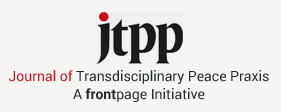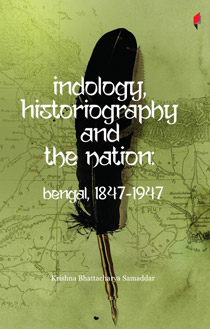Description
Online Buying Price: £ 13.95; INR 395; $ 20.95
A book on Indology seems something distant and ancient. This book by late Dr Krishna Bhattacharya Samaddar on Indological Historiography in Bengal, however, brings Indology to our own time and history. The manuscript left by the late author traces the rise and growth of historical consciousness of a nationality between 1847 and 1947 through an examination of the Indological historiography in Bengali language. It shows, most of the Indological tracts in the Bengali language during the colonial times needed the mediation of culture for ushering in modernity in Bengal’s own sense of history. Indology served such a purpose of cultural mediation. The author notes that almost all of Bengal’s historians, when they wrote in Bengali, became social critics. They took sides in the on-going debates in society – from social reform to caste ranking to religious and sectarian conflicts to the rise and consequences of British rule. There was an immediacy and vibrancy in the Bengali historical literature that was missing in the academic English prose of professional history. She also noted the urge to write a history in which Bengalis could take pride. Not surprisingly, neither Macaulay nor Ranke was the most powerful historiographical influence on Bengali writers; rather, it was Thomas Carlyle’s worship of the hero that seemed to exert the greatest pull when they selected their periods and subjects. The book presents an absorbing discussion on Indology, history writing, and nationalist consciousness in Bengal in the hundred years following 1847, ten years before the great Mutiny of 1857 was to break out.
Krishna Bhattacharya Samaddar was a Reader of history and a specialist in girl child education. She had researched in the field of Indological historiography under the guidance of the famous scholar in Ancient Indian History and Culture, N N Bhattacharya. She died after suffering for more than a decade from an incurable disease leaving her unpublished thesis behind. This acclaimed thesis is now published with minimum of editorial intervention. She died on 6 September 2013.





